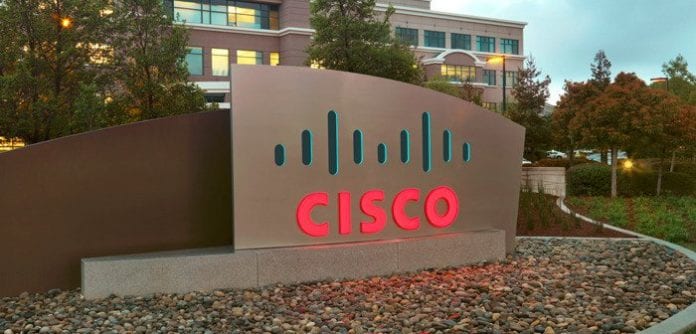Cisco launches open container platform for hybrid cloud deployments
Cisco is taking aim at the multi-cloud market with the introduction of an open and production-grade Cisco Container Platform. Announced at Cisco Live in Barcelona, the purpose of the platform is to help customers launch and manage applications across hybrid cloud environments.
Hybrid cloud models have become an attractive options for enterprises that are ready to embrace the cloud, but not quite ready to abandon their legacy infrastructure. The technology provides a mix of on-premises, private cloud and public cloud services, giving users more control over various components. Analyst firm Gartner predicts approximately 90% of organizations will adopt hybrid infrastructure management capabilities by 2020.
Built on Kubernetes, the Cisco Container Platform can assist with deploying and managing virtual machines (VMs) and bare metal, both on-premises and in the cloud, according to the company. The platform will be optimized with Cisco’s HyperFlex hyperconverged infrastructure (HCI), version 3.0, in April. Software supported on VM infrastructure, bare metal and public cloud won’t be available until summer 2018.
Cisco added the platform can automate repetitive tasks typically reserved for IT teams, like having to source, configure and support multiple disparate solutions. This helps boost operational efficiencies and drive faster time to value, while simplifying the deployment and management of production-grade container environments, said the company.
“In the multicloud era, enterprise IT executives are looking to modernize traditional applications, and manage containerized applications in a consistent way across public and private clouds,” said Stephen Elliott, program vice president at IDC. “Container deployment, management and monitoring are key requirements to drive speed and quality improvements for the business, and enable scale for IT operations teams. In addition, operations teams also require multiplatform support, including Kubernetes, while helping customers address the end-to-end lifecycle management of container clusters.”
Cisco noted the solution provides setup, orchestration, authentication, monitoring, networking, load balancing and optimization for container clusters. The company added it is extensible to other open deployment environments, in addition to networking (Contiv), security, analytics and management tools.
Cisco collaborated with Google in developing the platform. The companies announced last October they were teaming up to deliver a hybrid cloud offering, with availability slated for the first part of 2018. The Cisco Container Platform is a key element of that hybrid cloud offering.
“As the adoption of Kubernetes has exploded, container orchestration and management have become of paramount importance to customers because they enable application portability and consistency across on premises and cloud-based environments,” said Eyal Manor, vice president of engineering at Google. “Cisco Container Platform is optimized in collaboration with Google Cloud to deliver a next-generation open hybrid cloud architecture, and represents an important milestone for our integrated Google and Cisco hybrid cloud solution coming later this year.”

